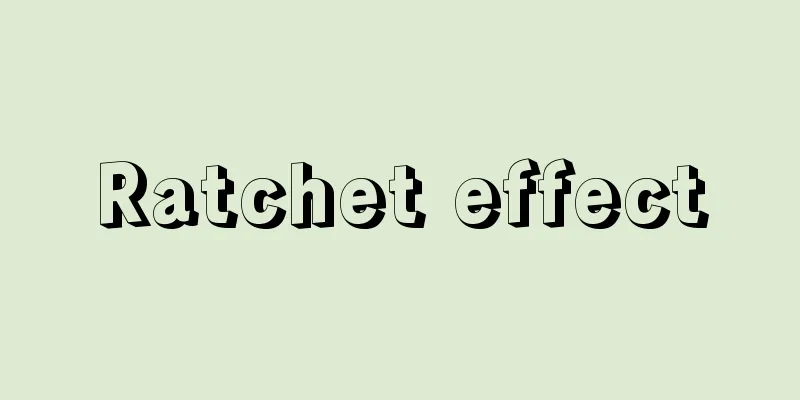Ratchet effect

|
Many people often hear about some personal habits, but they don’t know that some so-called habits are actually related to mental illness. The ratchet effect is not a common mental illness, but it can be regarded as a personal, habitual consumption image that leads to uncontrollable spending, difficulty in saving money, and spending all the money earned.
After deciding to start financial management, many people will combine various methods to maximize the financial management results. However, in the process of financial management, everyone will always encounter some problems, and one of the most common problems is the inability to save money. Although many people remind themselves to spend less and save money every time, it is very difficult to actually do so, and in the end there is still only so much money. So what is the reason why you can't save money? Before solving the problem, Tianjinsuo editor will first let you understand a term "ratchet effect".
The ratchet effect, also known as the braking effect, refers to the irreversibility of people's consumption habits after they are formed, that is, it is easy to adjust upward but difficult to adjust downward. Especially in the short term, consumption is irreversible and its habit effect is greater. This habit effect makes consumption depend on relative income, that is, relative to one's past peak income. Consumers tend to increase consumption as their income increases, but are not likely to reduce consumption when their income decreases, resulting in a short-term consumption function with a positive intercept. This characteristic is called the ratchet effect. In fact, there is a sentence in the family letter "Instructions on Frugality and Advice to Kang" written by Sima Guang, a great politician of the Song Dynasty, which can explain the ratchet effect more simply, that is: It is easy to go from frugality to extravagance, but it is difficult to go from extravagance to frugality.
Based on the ratchet effect, it is not difficult for us to understand why we cannot save money. The editor of Tianjinsuo believes that when a person decides to start managing his finances, he may have already developed the habit of spending money lavishly. It would definitely be difficult to ask him to spend less and save more money all at once. It is especially difficult to control your spending when your salary remains at the original level and has not been reduced. But, look at this problem from the other side. If you don't control your consumption from now on, the ratchet effect will likely continue to increase as your salary increases in the future, and your expenses will increase, making it even more difficult to save money. |
Recommend
What are the benefits of soaking your feet in vinegar and garlic
Soaking your feet in vinegar and garlic is very e...
How to prevent the recurrence of nasopharyngeal carcinoma
The 5-year survival rate of nasopharyngeal carcin...
Is it really okay to wear disposable underwear
Whether male or female, their reproductive health...
What are the symptoms of nasopharyngeal carcinoma recurrence and what diet is beneficial to patients
What diet is good for nasopharyngeal cancer? The ...
How to clean tea stains on carpet
Many families have carpets, which are troublesome...
What to eat after interventional treatment for liver cancer? Dietary considerations after interventional treatment for liver cancer
Interventional therapy is the most effective trea...
Mid-term symptoms and manifestations of colorectal cancer
Four symptoms of mid-stage colorectal cancer: poi...
Pain in elbow joint
In daily life, many people experience elbow pain....
What are the estrogen drugs
There are two types of medicine: Chinese medicine...
Advantages and disadvantages of ramie fabric
Many people may not be familiar with ramie fabric...
What are the magical uses of expired facial masks
Many women feel confused because they buy a lot o...
What's the matter with chest tightness and shortness of breath
With the development of society, people are alway...
How is fat excreted from the body?
The human body can eliminate fat smoothly through...
Drinking protein powder will make you fart
Protein powder can effectively increase the muscl...
Lung cancer terminal symptoms
Lung cancer terminal symptoms: The terminal sympt...









